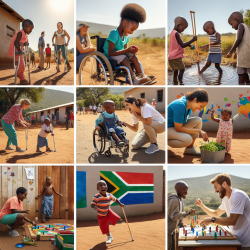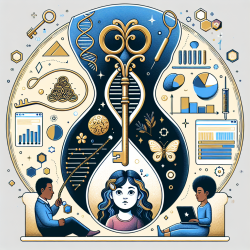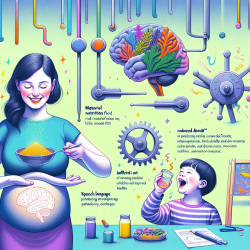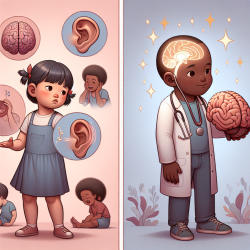In the realm of pediatric rehabilitation, professionals play a crucial role in the holistic development and well-being of children with disabilities. A recent study titled A qualitative investigation of the role of paediatric rehabilitation professionals in rural South Africa: Rehabilitation professionals’ perspectives offers valuable insights that can enhance the practice of rehabilitation professionals, particularly in under-resourced areas. Here, we discuss the key findings and how practitioners can implement these outcomes to improve their skills and the lives of the children they serve.
The Five Key Roles of Rehabilitation Professionals
The study identifies five primary roles that rehabilitation professionals fulfill:
- Examine: Screening and assessing children to identify disabilities early on. This involves both physical examinations and gathering information from caregivers.
- Support: Providing emotional and psychological support to caregivers, which is essential in managing the stress associated with raising a child with disabilities.
- Skills Training: Educating and training caregivers on how to manage and support their children’s needs effectively at home.
- Rehabilitate: Implementing hands-on therapy, issuing assistive devices, referring to other professionals, and creating home programs to maximize the child's functionality.
- Follow-Up: Conducting home visits and continuous follow-up to ensure the implementation of rehabilitation strategies.
Implementing the Findings in Practice
For practitioners, integrating these roles into daily practice can lead to significant improvements in outcomes for children with disabilities. Here are some actionable steps:
- Holistic Assessments: Beyond physical examinations, consider the child’s overall quality of life by engaging with caregivers and other healthcare professionals.
- Support Systems: Establish regular counseling sessions for caregivers to help them cope with stress and provide a platform for sharing experiences and resources.
- Training Programs: Develop comprehensive training modules for caregivers that cover various aspects of child care, including physical therapy techniques and the use of assistive devices.
- Interdisciplinary Collaboration: Foster a collaborative environment where different healthcare professionals can contribute to a child’s rehabilitation plan.
- Continuous Follow-Up: Implement a robust follow-up system to monitor progress and make necessary adjustments to the rehabilitation plan.
Encouraging Further Research
While this study provides a foundational understanding, there is a need for ongoing research to explore the unique challenges and opportunities in different contexts. Practitioners are encouraged to contribute to this body of knowledge by documenting their experiences and outcomes, which can be invaluable for future studies.
To read the original research paper, please follow this link: A qualitative investigation of the role of paediatric rehabilitation professionals in rural South Africa: Rehabilitation professionals’ perspectives.










